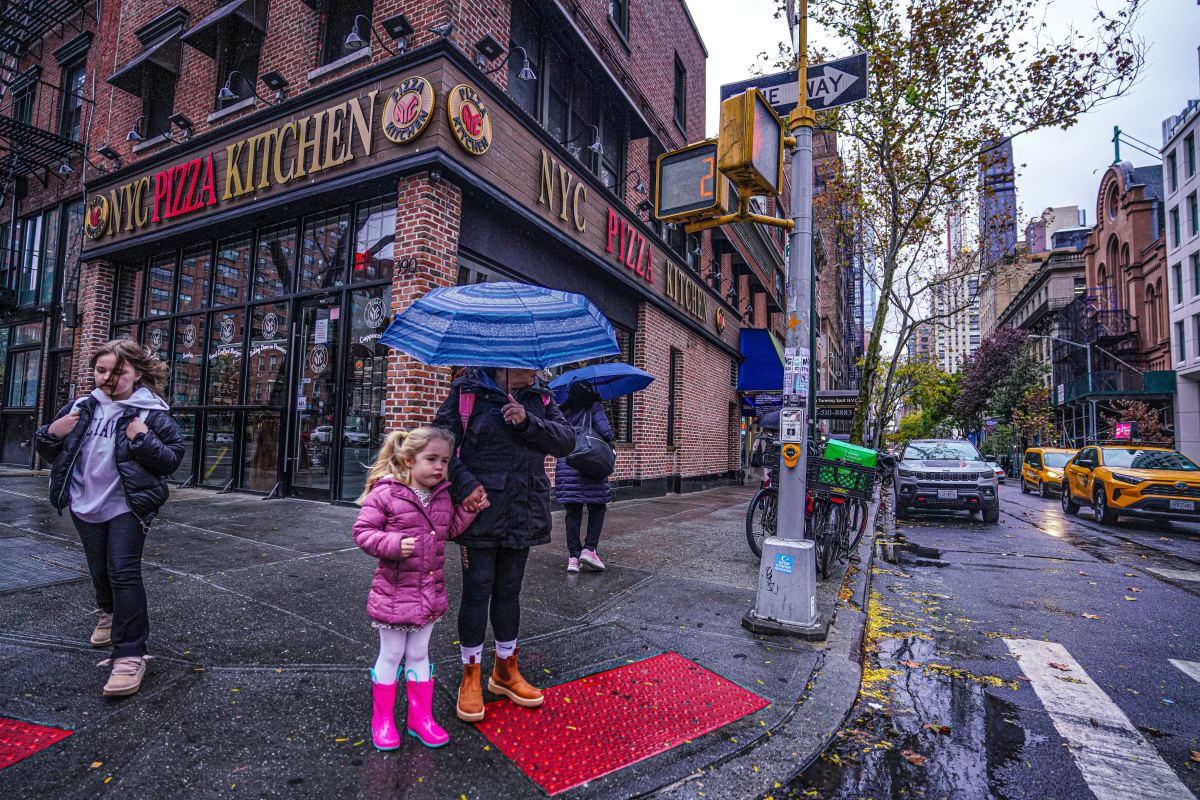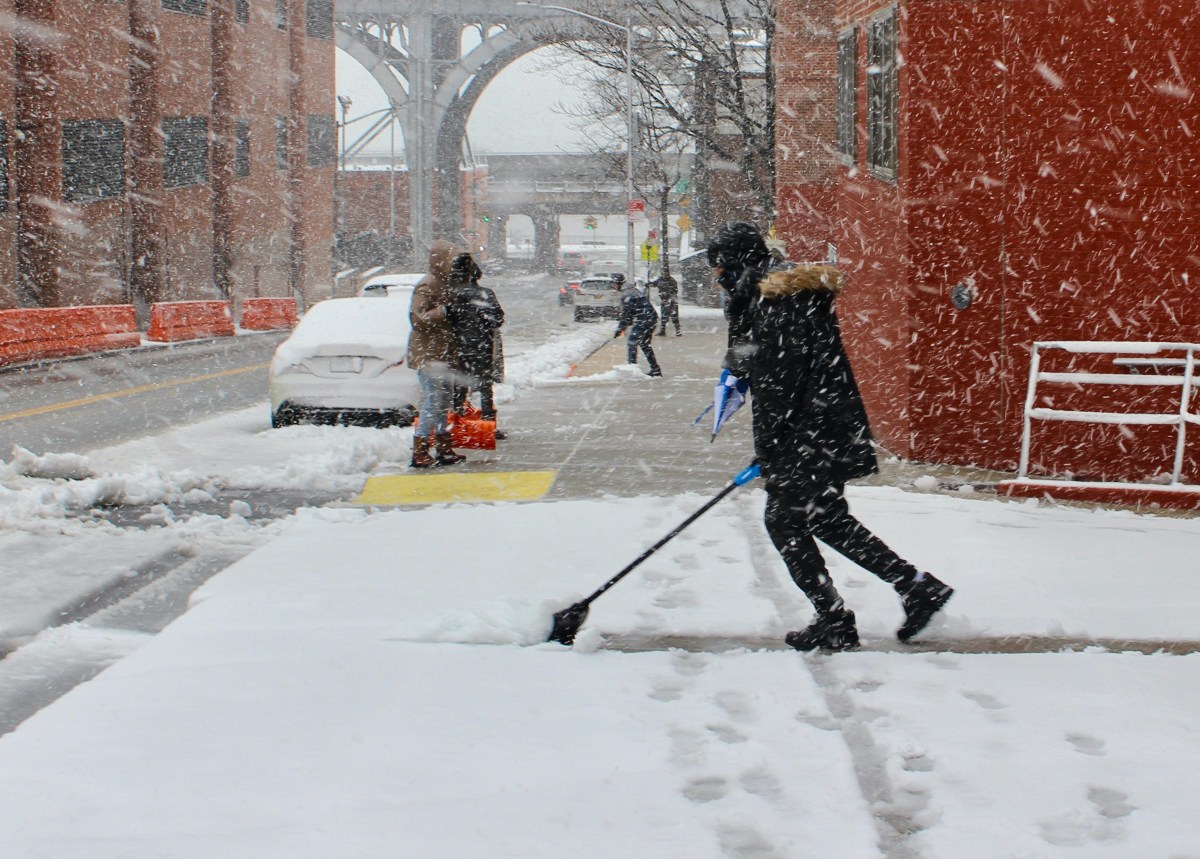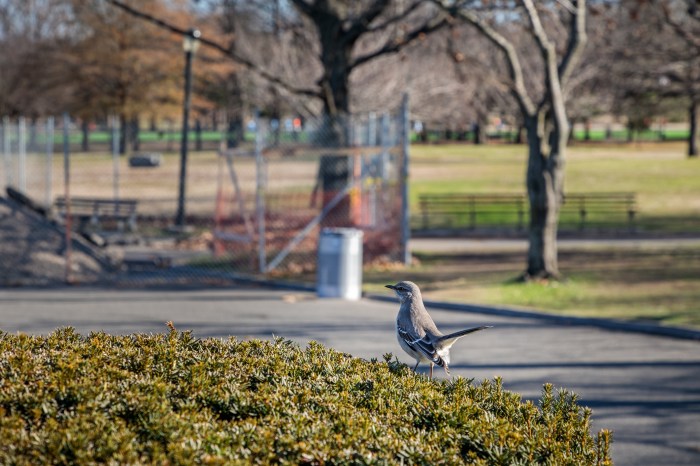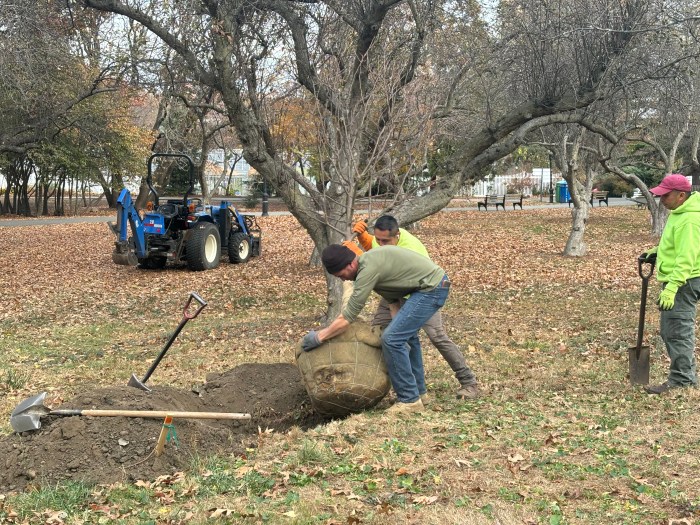By Tom Allon
I will be honest: I am not much of a recycler. It just doesn’t occur to me. I know it is important and I know why it is important, but somehow it never makes it to the top of my list of priorities. If I could choose between watching the Mets, being with my kids, reading the Times, or making a special trip to the few stores that will recycle my pile of plastic bags, well, then, you know.
All of the women in my life, including my ex-girlfriends, ex-wife, and current domestic partner, have been keenly aware of my disability and disregard. (And for all you know, my current partner is writing this column for me). I told her: “It’s not my issue.” My daughter, who heard my stubborn disregard, retorted: “Enough with the sports and the politics columns.”
So with two of my favorite females bugging me, I will examine why so many of us don’t bother with something that Bernie Sanders calls the greatest threat to society. My partner, right now, would like to include a photo to illustrate this grave problem: the one of our ocean filled with plastic bags, garbage, and other non-biodegradable debris.
But why is it so important whether we say “Yes” or “No” to taking a plastic bag the next time we shop? It seems innocuous enough. The person behind the counter starts to put our things in a bag, which is very convenient, until you start to go down the path of what happens to the millions of plastic bags that we consume every day. That’s the path that so many others like me don’t want to take. It’s a scary path, down a dirty road, which ultimately leads to the despoiling of our precious planet.
I tried to make a very small dent in the situation by calling my beloved New York Times and asking them to please start delivering my daily paper without the plastic bag. For two days the multi-sectioned paper came without the plastic bag, but then our much-addicted plastic society sent them needlessly covered again. It isn’t like my paper needs to be shielded from the elements; they drop it in front of my apartment door, on the ninth floor of a very well-enclosed building.
Few people realize that the Pacific, Atlantic and Indian oceans have what is termed “garbage gyres,” or “garbage patches” that amount in size to a plastic bag the size of Texas, our second largest state. Think of the toxins, think of the food chain!
The plastic-flotsam-in-the-garbage-gyres are eventually ingested by the fish we eat. Will we one day, in the not so distant future, hear from the World Health Organization that our fish are also a carcinogen like our once-loved bacon? What does that mean exactly? Oh, yeah. Cancer. Hmmm.
Perhaps our inherent laziness is getting the best of us. We are capitalists, we are consumers and we are, of course, pro-business. Republicans don’t like banning plastic bags because it is seen as “regulating business.” At the end of the day, isn’t it just kind of selfish on our part? What will our grandchildren think when they hear what we’ve done?
And now, thankfully, the City Council wants to impose a five-cent tax on plastic bags. This has been successful in cities across America and around the world, including Sydney, Australia and Austin, Texas. Countries and states and counties are trying to curb their enthusiasm for plastic bags.
We spend hundreds of millions of dollars sending our garbage to other cities to decompose in their landfills. Could we reduce waste and thus save the city millions? Reduce our carbon-footprint? Can we keep our city clean merely by saying: “No thank you” to the plastic bag?
It is easier than you think to merely carry a canvas bag in your briefcase or knapsack or purse to purchase food on your way home in the evenings.
Try it. You’ll like it.
Tom Allon, the president of City & State, co-wrote this column with his domestic partner, Rebecca Cohen, whose concern for the environment is changing his usually oblivious ways. E-mail Tom at tallo




































